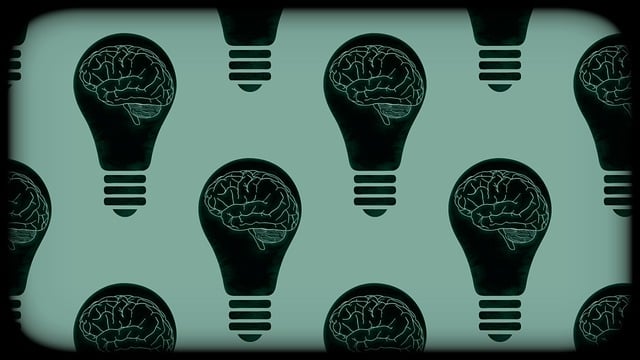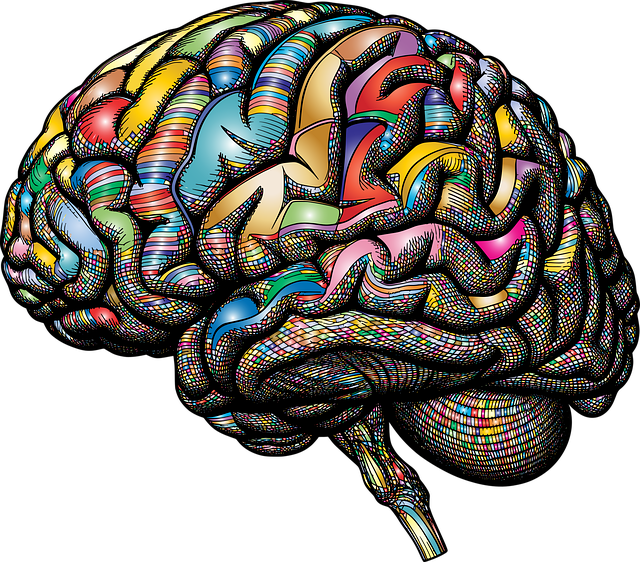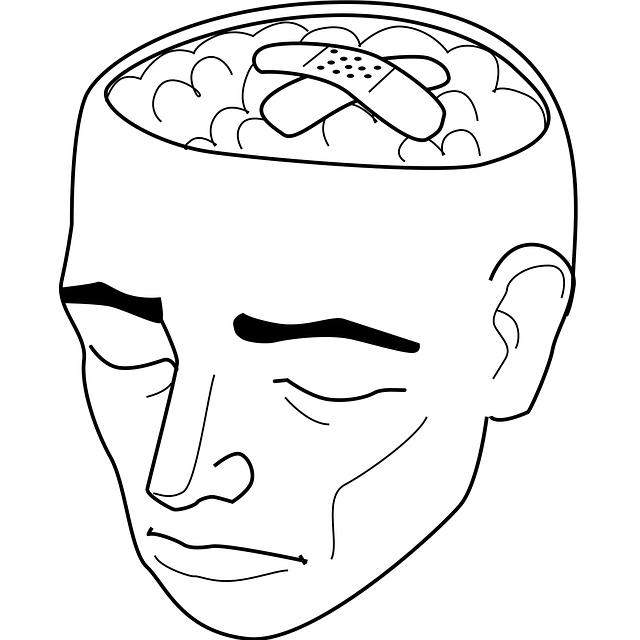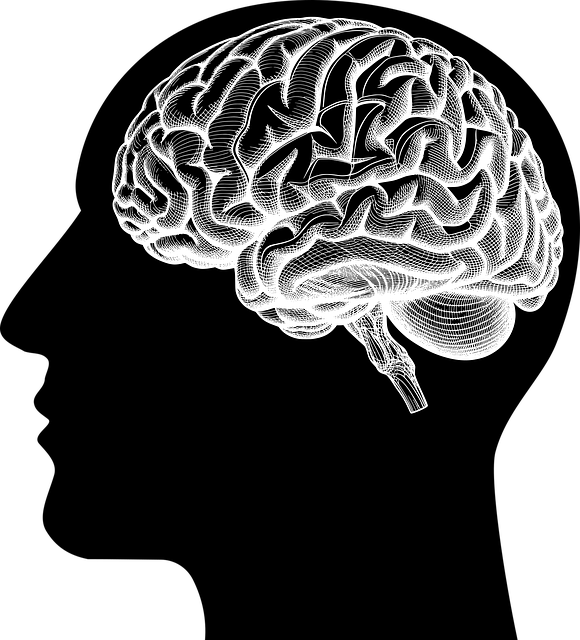Aurora Developmental Disability Therapy (ADDT) prioritizes positive thinking as a powerful tool for personal growth and mental well-being among individuals with developmental disabilities. Through structured exercises and personalized strategies, therapists guide clients to challenge negative thoughts, build resilience, and enhance self-care practices. Mindfulness, gratitude, community engagement, and goal-setting are integral parts of this holistic approach, fostering positivity and real-world applications. By adopting self-care practices for therapists and offering tailored support, ADDT creates an encouraging environment that improves client outcomes. Regular measurements ensure the effectiveness of techniques, allowing for adjustments to meet individual needs and reduce mental illness stigma.
Positive thinking exercises are transforming lives at Aurora Developmental Disability Therapy. This article delves into the powerful role of positive psychology in therapeutic practices, specifically tailored for individuals with developmental disabilities. We explore effective exercise design, offering practical strategies for therapists to implement and measure success. Discover how these techniques enhance well-being, foster growth, and create a brighter future for Aurora clients, showcasing innovative therapy approaches in action.
- Understanding Positive Thinking: Its Role in Developmental Disability Therapy
- Designing Effective Positive Thinking Exercises for Aurora Clients
- Practical Implementation Strategies for therapists at Aurora DD Therapy
- Measuring Success and Adjusting Techniques for Optimal Outcomes
Understanding Positive Thinking: Its Role in Developmental Disability Therapy

Positive thinking is a powerful tool within the realm of Aurora Developmental Disability Therapy. It serves as a key component in fostering personal growth and well-being for individuals with developmental disabilities. By encouraging a positive mindset, therapists can help clients challenge negative thought patterns and develop resilience, which are crucial aspects of therapeutic progress. This approach not only enhances overall mental health but also improves their ability to navigate life’s challenges.
In the context of Aurora Developmental Disability Therapy, understanding positive thinking goes beyond mere optimism. It involves structured exercises and strategies tailored to each individual’s unique needs. These practices can include reframing negative experiences, practicing gratitude, and cultivating a sense of self-worth. By integrating these techniques into therapy sessions, mental health professionals can effectively support clients in managing symptoms related to depression prevention and burnout prevention while also enhancing their overall risk management planning.
Designing Effective Positive Thinking Exercises for Aurora Clients

Designing effective positive thinking exercises for Aurora clients with developmental disabilities requires a tailored and sensitive approach. Therapists at Aurora Developmental Disability Therapy understand that each individual has unique needs and strengths. Therefore, exercises should be customized to foster self-care practices and promote self-esteem improvement. A successful strategy could involve incorporating activities that encourage mindfulness and gratitude, such as guided visualizations or journaling prompts, which help clients reflect on their accomplishments and cultivate a positive outlook.
The Community Outreach Program Implementation can also play a vital role in enhancing these exercises. Group therapy sessions, community walks, and social events create opportunities for clients to interact and share experiences, reinforcing positive thinking through peer support and real-world applications. By integrating self-care and community engagement, Aurora ensures holistic development, empowering its clients to lead fulfilling lives with improved mental well-being.
Practical Implementation Strategies for therapists at Aurora DD Therapy

Implementing positive thinking exercises into Aurora Developmental Disability Therapy (ADDT) sessions can significantly enhance both therapists’ well-being and their ability to support clients. To facilitate this, therapists at ADDT should incorporate practical strategies that integrate self-care practices into their daily routines. This might include setting clear boundaries between work and personal life, engaging in regular physical activity, and prioritizing adequate sleep to prevent burnout—a common challenge in the healthcare provider profession.
By fostering a culture of self-care, therapists at ADDT can cultivate resilience and maintain the high level of emotional energy required to provide effective therapy. Moreover, integrating positive thinking exercises into therapy sessions allows for the co-creation of a hopeful and encouraging environment, which can significantly improve clients’ therapeutic outcomes. This approach not only benefits individuals with developmental disabilities but also equips therapists with powerful tools to navigate the emotionally demanding aspects of their work.
Measuring Success and Adjusting Techniques for Optimal Outcomes

Measuring success is a vital aspect of any therapy or personal development journey, especially when implementing positive thinking exercises. At Aurora Developmental Disability Therapy, we believe in tracking progress to ensure our techniques are effective and tailored to each individual’s needs. This process involves setting specific, measurable goals aligned with the client’s aspirations. For instance, if an individual seeks improved coping skills during stressful situations, therapists can work together to define success as a reduction in anxious responses by 30% over a month. Such quantifiable targets provide a clear direction for both therapist and client, allowing for regular assessments and adjustments along the way.
Adjusting techniques based on these measurements is crucial for optimal outcomes. If progress is not as substantial as expected, therapists can reevaluate the approach, exploring alternative strategies or modifying the existing program. This iterative process considers the unique aspects of mental illness stigma reduction efforts and mental health education programs design, ensuring that each client receives personalized support. By regularly assessing and adapting, Aurora Developmental Disability Therapy aims to empower individuals to develop robust coping skills, fostering a positive mindset and overall well-being.
Implementing positive thinking exercises in Aurora Developmental Disability Therapy (Aurora DD Therapy) has proven to be a powerful tool. By understanding the role of positive thinking, designing tailored activities, and employing practical strategies, therapists can significantly enhance their clients’ lives. Measuring success through observable outcomes allows for continuous improvement, ensuring each client receives optimal support. This structured approach, as demonstrated in Aurora DD Therapy, underscores the potential of positive thinking to foster growth and well-being among individuals with developmental disabilities.












